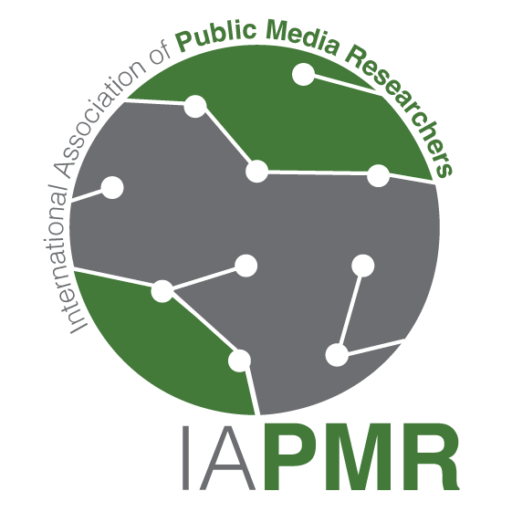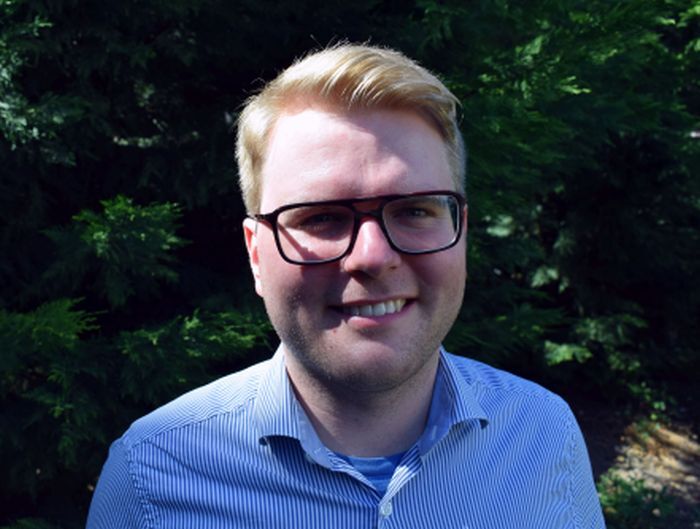Dominik Speck is Research Assistant at the Institut für Journalistik of the Technische Universität Dortmund, where he is developing his PhD on the topic of transparency of public service media organizations in four European countries. He is also a former Visiting Researcher at the Media Intelligence Service of the European Broadcasting Union. Dominik was awarded the EBU Best Paper Award for Emerging Scholars at RIPE@2021 for his paper “Enabling Visibility: Online Transparency Practices of German PSM Organizations”.
Can you tell us about your PhD project? What motivated your research?
I am comparing transparency practices, regulations, and policies of public broadcasters in France, Germany, Switzerland, and the UK, through document analysis and qualitative research interviews. My interest lies not so much in assessing whether transparency really lives up to its billing – i.e., an increase in financial efficiency, trust, or legitimacy – but rather on exploring the multi-actor processes through which PSM transparency practices and policies are debated, implemented, or reformed. My motivation stems from my interest in media accountability and organizational research, but not less from my experience as a journalist covering the media branch for a German media trade magazine for several years. From that perspective, I have often experienced German public broadcasters and their governance bodies as rather opaque and reluctant to communicate even favorable information. It is though fair to say that in recent years new transparency mechanisms have been implemented across the German PSM system, and it is these reform processes that also sparked my interest in the topic.
How can your research contribute to the study of Public Service Media?
So far, there are not that many studies that systematically analyze transparency practices, regulations, and policies in a cross-country comparative perspective, and particularly with a consistent framework and definition of transparency. This is maybe not that surprising, given that the concept of transparency is highly value-laden – which, after all, also makes for much of its appeal – but somewhat ironically, at the same time it is not very palpable. Analyzing transparency is thus a tricky endeavor. I want to develop a framework of PSM transparency nourished by insights from interdisciplinary organization studies, which I hope may prove useful for our field. Surely, demands for greater openness and visibility of PSM operations and governance will pop up then again in many countries. Understanding more about these processes could be useful for both PSM theory and practice, also with regard to the vast aspirations attributed to greater transparency inherent in many strategy papers, such as a boost in trust and legitimacy.
What are the main challenges you are facing in your research? Is any of them related to being a young researcher?
I did not feel particularly disadvantaged being a young researcher at any point so far. My main complaint may sound familiar to many colleagues regardless of their position on the career ladder: A lack of time for doing research due to other obligations, also resulting in a lack of time to properly digest the plethora of insightful and inspiring literature produced across our field and a lack of time for thorough reflection. Of course, covering a topic that at least in some of its aspects is considered delicate sometimes proves a challenge. Trying to understand more about change in somewhat cumbersome structures does not necessarily imply pushing at an open door.

